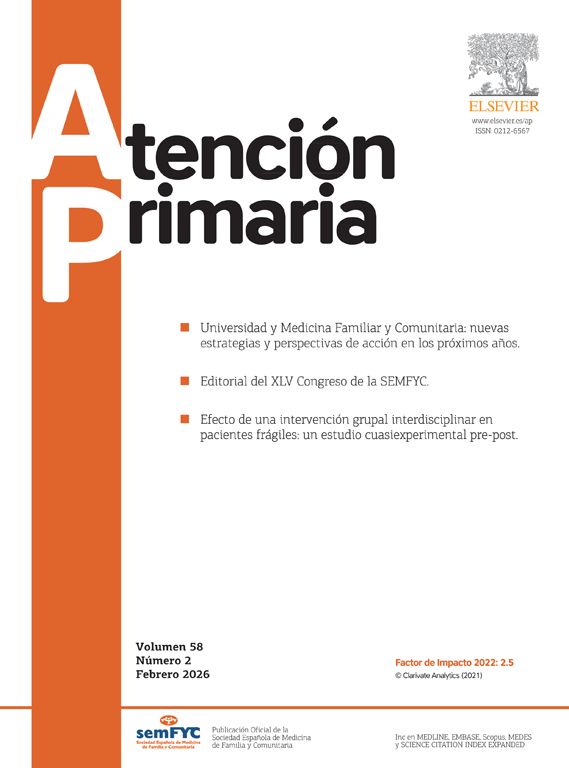According to traditional medicine (TCM), local massage can effectively unblock the meridians of the body and regulate the Qi of the abdominal organs.1 In this study, a combination of acupuncture and abdominal massage was applied to patients with functional constipation in chest stuffiness and pains. The results are shown below.
A total of 100 patients with functional constipation due to chest distress and heartache were selected and divided into control group and observation group, with 50 cases in each group.
Inclusion criteria: age>18 years old; meeting the diagnostic criteria of chest paralysis presence of intestinal organic disease; cardiac function class IV, extremely debilitated; combined cognitive, behavioral dysfunction and psychiatric disorders.
According to the conventional treatment and care standards of our hospital, patients in control group were given β-blockers, aspirin, statins and nitrates were given to treat the patients, and nitroglycerin was given during the attack of chest pain. The patient received dietary guidance and abdominal massage. The diet has been increased enough times and fried foods have been reduced. Abdominal massage for 10–15min each time, 6 consecutive days per week for two weeks.
Press-needle therapy combined with abdominal massage was given to patients in observation group on the basis of the intervention in the control group.2 Patients were given clockwise abdominal massage, and then the press-needle buried acupuncture treatment was given. The acupuncture points were taken for excess syndrome constipation: Dachangshu, Tianshu, Zhigou, Shangjuxu, and Zusanli. The duration of the buried needle was 24h, with compression every 4h, 1min/time. Calculating the total effective rate (cure+symptom improvement/total number of patients) for both groups of patients, bowel movements (frequency, duration of each bowel movement) and anxiety (SAS scale).
The results showed that the total effective rate of the observation group was 48%, which was significantly better than 37% of the control group (P<0.05). The defecation time in the observation group was significantly shorter in 7 d and 14 d of intervention, and the number of defecation was also significantly higher than that in the control group (P<0.05). See Table 1. After 14 d of intervention, the SAS scores of both control and observation groups were lower than those before the intervention (P<0.05), and the SAS scores of the observation group were significantly lower than those of the control group (P<0.05).
Comparison of defecation between the two groups after intervention (x¯±s).
| Time | Group | Defecation frequency (times/week) | Defecation time (min/times) |
|---|---|---|---|
| Intervene 7d | Control group (n=50) | 4.42±0.59 | 13.68±2.17 |
| Observation group (n=50) | 6.51±0.63 | 12.28±2.05 | |
| t value | 17.122 | 3.316 | |
| P value | 0.000 | 0.001 | |
| Intervene 14d | Control group (n=50) | 5.19±0.68 | 13.21±2.06 |
| Observation group (n=50) | 7.97±0.71 | 11.19±1.85 | |
| t value | 19.995 | 5.159 | |
| P value | 0.000 | 0.000 | |
In this study, a significant effect was achieved by combining abdominal massage with acupuncture in patients with chest stuffiness and pains. The retained needles have the effect of balancing Yin and Yang and harmonizing Qi and Blood.3 By massaging the patient's abdomen, it can promote the circulation of the meridians and promote the peristaltic movement of the gastrointestinal tract, so that the food residues can be expelled.4 The results showed that the combination of acupuncture and abdominal massage for patients with chest stuffiness and pains can effectively relieve their anxiety. Which indicated that acupuncture can regulate the brain areas related to bad emotions.5
Ethical considerationsThis study was conducted in accordance with the declaration of Helsinki. This study was conducted with approval from the Ethics Committee of Hai’an Hospital of traditional Chinese Medicine.
FundingThis work was supported by 2020 Nantong Municipal Health Commission scientific research project: MB2020061.
Conflict of interestsThe authors declare that they have no competing interests.








